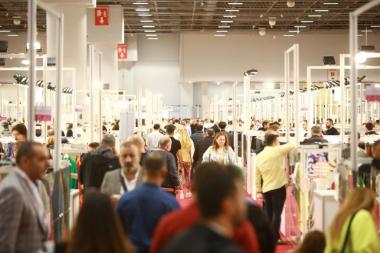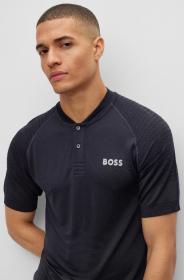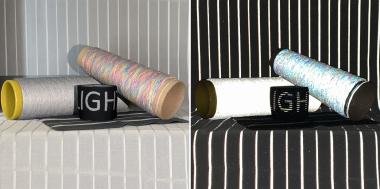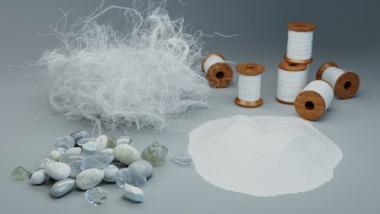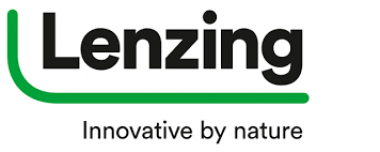Third edition of TEXHIBITION Istanbul Fabric, Yarn and Textile Accessories Fair
- Third edition of Texhibition Istanbul will take place from 8-10 March 2023 at the Istanbul Expo Center
- Organizers focus on growth: more than 25,000 international visitors are targeted for March 2023
- More than 400 exhibitors show fabrics, yarns and accessories at the Istanbul Expo Center
- Trend seminars and trend area with special focus on sustainability presents the trends for spring/summer 2024
The third edition of Texhibition Istanbul Fabric, Yarn and Textile Accessories Fair, 8-10 March 2023 builds on the successful editions of the fair last year. The fair is organized by the Istanbul Textile Exporters' Association (ITHIB) and with the support of the Istanbul Chamber of Commerce (ICOC).
More than 400 exhibitors from the areas of knitwear, woven fabrics, denim, yarns and accessories will present their 2024 spring-summer collections on 15,000 square meters in the Istanbul Expo Center. These include well-known names such as Kipaş, Bossa, Yünsa, Btd, Çalık, Hefa, İskur, Universal, Gülle, and Migiboy.
At the last event in September 2022, a total of 20,606 visitors took the opportunity to start business discussions and place orders. Among them international visitors from 97 countries, including the EU, UK, USA, North Africa and the Middle East. Over 25,000 visitors are expected at the upcoming Texhibition in March 2023 such as large clothing manufacturers, purchasing managers of international chain stores and department stores, managers of international brands and chains with their own brand collections, managers of online sales platforms, importers, wholesalers, distributors, designers, etc.
The trend area at Texhibition will show the spring-summer 2024 trends with a focus on sustainable aspects.
Texhibition Istanbul completes the IFCO, Istanbul Fashion Connection, which takes place from 8.-11. February 2023, also for the third time at the Istanbul Expo Center.
Texhibition Istanbul / JANDALI


